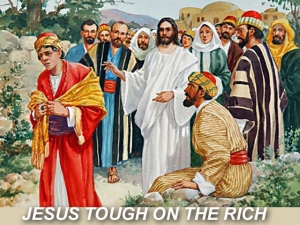I firmly believe that my essence belongs to me. It is, after all, my experiences that have been imprinted upon it. In a recent post (Man vs. Machine Part 1) I refer to the difference between the brain and the mind, in comparing to a computer. In that post I wrote:
When I think of the brain, I think of the actual organ, not the mind, not our personalized spin on things. The mind is more like the software stack than the CPU, it takes our own experiences and adds interpretation onto what the brain is processing.
This is at the heart of what I'm getting at here today. Without our mind we are nothing. I see the mind and soul (or essence) as one. However, the real question remains: "What is our essence".
Some people believe that we are mere extensions of a greater god being. We are part of this god, and so is every other living thing. The belief also stands that we are experiencing for a god whom is incapable of experiencing these things for itself. If this were considered truth, would this mean our essence is the part that binds us to this God?
Upon our demise is this essence rejoin God, and perhaps return again later - as suggested by the ideas of reincarnation. Could it be that instead, we do simply cease to exist. Our body takes our soul with it? If our body were reincarnated without the mind would it matter? Would that reincarnated being still be you? Would the mind without the body still be you?
I believe that our image of our "self" is imprinted on the mind, and while elements may fragment and change if the body is destroyed, it seems conceivable - at least to me - that the preservation of the mind preserves ones self.



